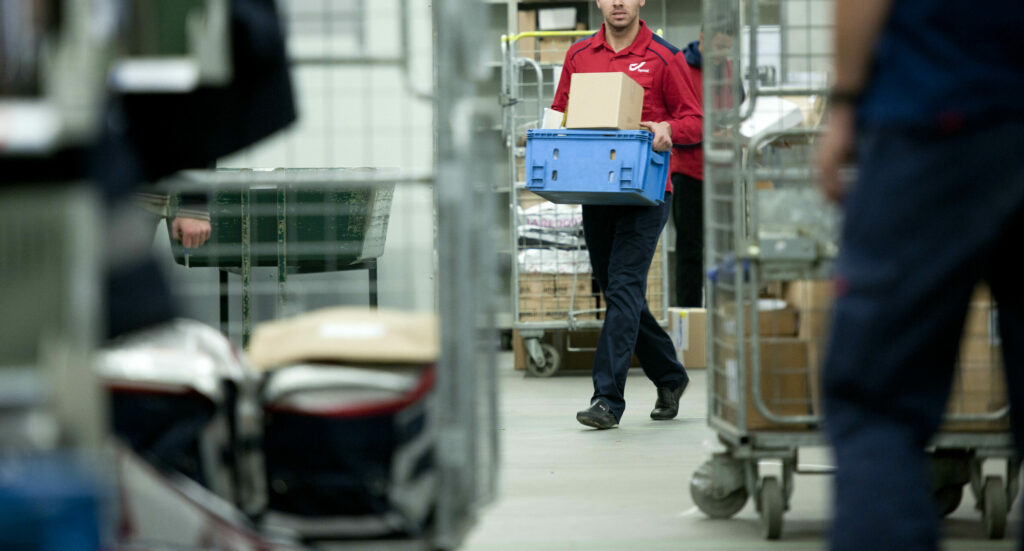Long-term absences due to burnout and depression are going up in Belgium. But a new study highlights that it is in the financial interest of companies to prevent these absences, as they deal heavy blows to profitability.
Experts have long called for companies to prioritise employee wellbeing, especially mental health. Between 2016 and 2021, long-term absences due to burnout and depression increased by 46%, figures from the National Institute for Health and Disability Insurance (RIZIV) showed. However this is a strong underestimate, as those who were absent for less than a year due to burnout are not included in these figures.
A study by data expert GraydonCreditsafe and HR services group Securex made clear just how significantly employees being absent for long periods impacts a company's financial performance.
Higher cost and lower productivity
The study showed that in more ways than just one the financial health of the company and the health of its employees go hand in hand. Companies without long-term sick employees are 1.39 times more productive than those with the highest sickness rates. This is mainly due to the loss of knowledge and experience when an employee is off for more than a year.
Additionally, the 25% of companies with the fewest long absences have an average added value per employee of €81,629 per year. For the 25% of companies with the most prolonged absences, this figure was just €58,147.
Part of this variation is down to wages: staff with higher salaries tend to be off less due to illness. The quartile of Belgian firms with the highest gross wages is twice as productive as the 25% with the lowest wages. Correspondingly, companies with healthier employees have greater profits and companies that are financially healthy also tend to have healthier employees.
Absenteeism is 1.6 times higher among the 25% worst performing companies than among the 25% of companies that are performing best.

The more staff are paid, the less likely they take long absences from work. Credit: Canva
Aside from the personal cost of depression and burnout for the individuals concerned, the average cost of a burnout case was €23,677 in 2022. This includes indirect costs such as work reorganisation, administration related to the absences, more expensive temporary replacements, recruitment and training of the replacements.
The study raises the question of whether a higher pressure to perform in companies with low profits and low wages actually has an adverse effect, leading to staff dropping out faster and for longer periods. One thing is clear: it is in the financial interest of companies to be vigilant against burnout and long-term sickness, even if the health insurance fund covers the wages of those who are off work due to illness.
Impact of gender and turnover
There are other links between a company's staff and how successful the company is. For example, companies with longer-term staff are 1.3 times more productive than those with a high proportion of short-term contracts. Additionally, firms that do not rely on part-time student employees are 1.3 times as productive as firms that rely heavily on this.
Companies with a pronounced gender imbalance were found to have twice as many employees on long-term sick leave. It was also found that larger companies have a higher risk of absenteeism. This can partly be explained by the fact it is harder to find motivation and personal appreciation in larger businesses.
"I find it particularly striking that companies where the workforce is moving strongly towards gender equality a far lower risk of burnout," said Eric Van den Broele of GraydonCreditsafe. This shows that ESG (Environmental, Social and Governance) goals not only make sense but also make companies more profitable.
Large companies in Belgium have to report these ESGs, indicating how they balance financial economic results, transparency, social interests and the environment.

